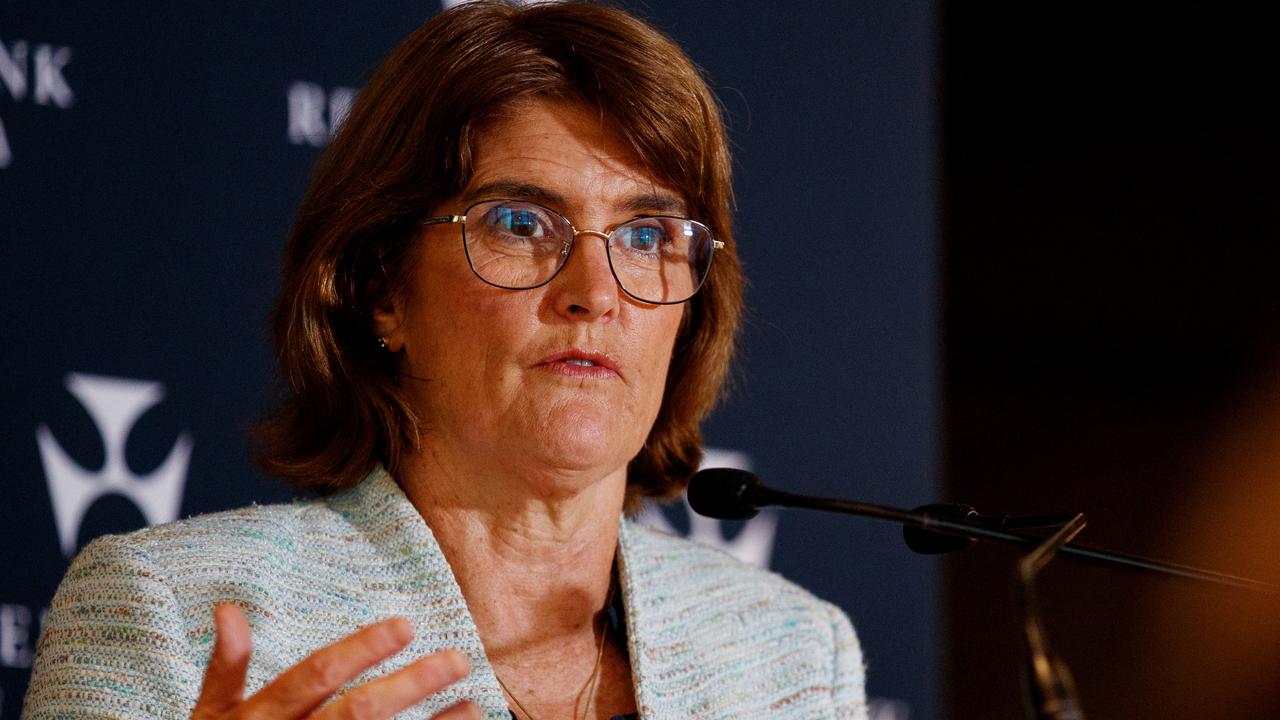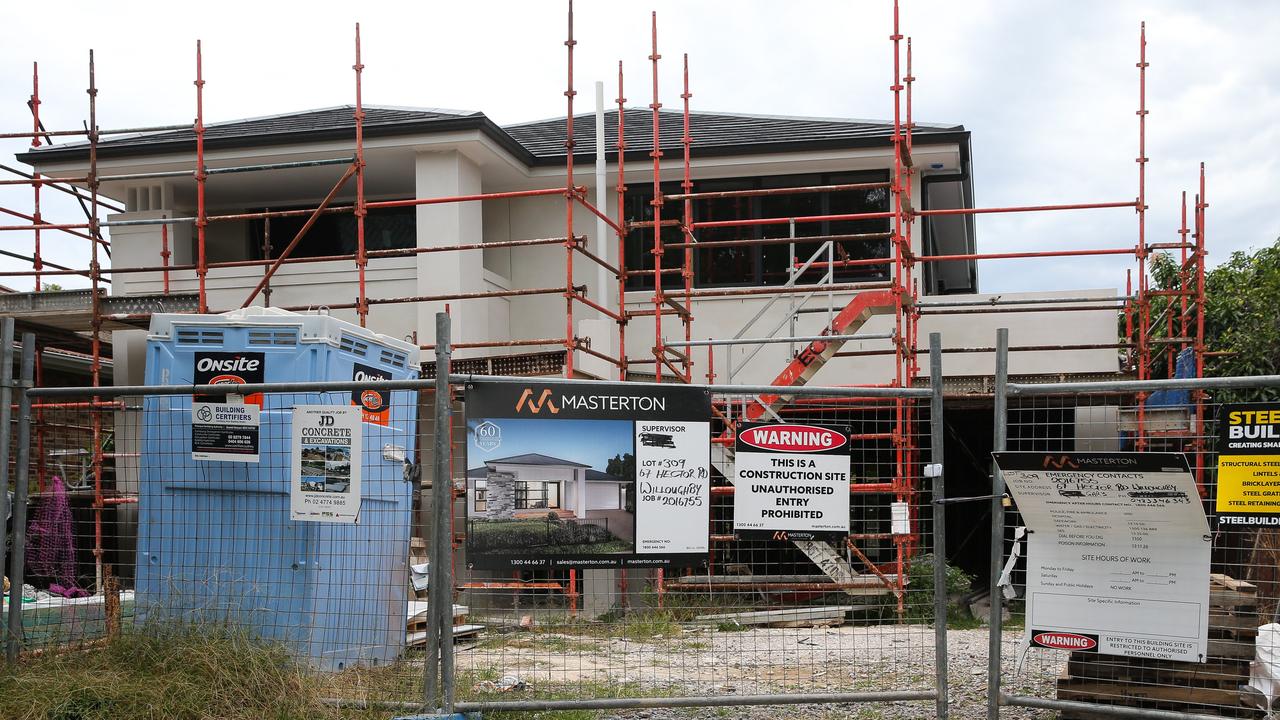Food, power add pressure to rates
SOARING power and food prices are set to increase pressure on interest rates, as the Australian Bureau of Statistics changes the way it calculates inflation.
SOARING power and food prices are set to increase pressure on interest rates, as the Australian Bureau of Statistics changes the way it calculates inflation.
The consumer price index is being recalibrated for the first time in five years to reflect the real cost of living for Australian households, The Australian reports.
Goods and services, such as electricity and food, that chew up bigger chunks of household income will be given greater weighting when the ABS calculates the CPI.
ABS data reveal that food prices now make up 16.4 per cent of the CPI - a 1 per cent increase since 2005, the last time the ABS changed the weightings for 90 classes of expenditure and 1000 products and services.
Utilities spending on electricity, gas, water and sewerage contributes 4.2 per cent of the CPI, compared to 3 per cent five years ago, due largely to a surge in electricity costs from 1.6 per cent to 2.2 per cent.
Rent contributes 5.9 per cent to the CPI, up from 5.2 per cent, and health has grown from 4.7 per cent to 5 per cent.
The ABS is number-crunching data from its six-yearly survey of household expenditure to verify how much an average city household spends on items ranging from food to clothing, entertainment, fuel and travel.
The new formula, to be revealed in September, will not reflect the inflationary effect of recent floods and cyclones, as the survey was carried out last year.
Lewis Conn, the director of CPI for the ABS, yesterday said the bureau would have to cross-check retail sales of alcohol against the amount declared as householders tended to "under-declare'' how much they drank.
Mr Conn said food or electricity could be given a heavier weighting when calculating the CPI, if they were found to be soaking up a bigger share of weekly household spending.
"The CPI is based on a fixed basket of goods and services,'' he said. "If electricity prices rise faster than other prices, they're going to have a proportionally greater share of the basket.''
Mr Conn said that even though households might be trying to cut electricity use to save money, "there are more electronic gizmos out there'' that will use it up.



